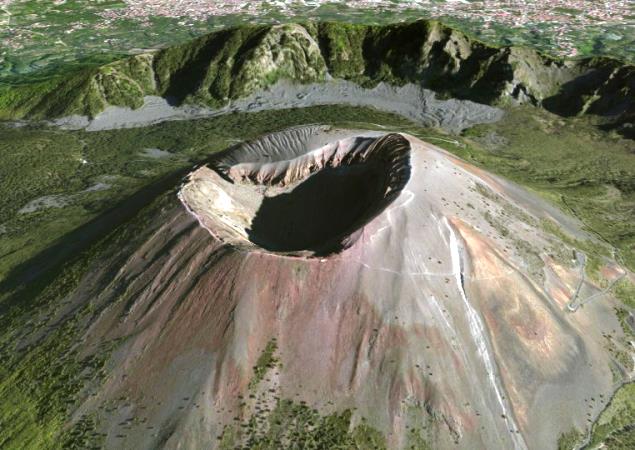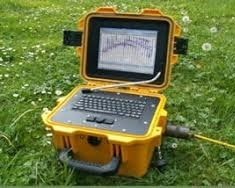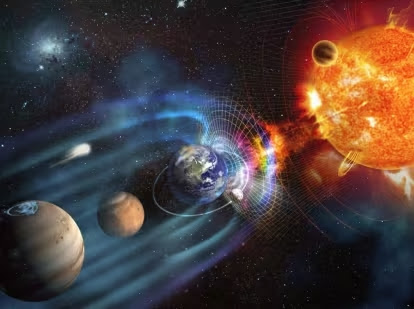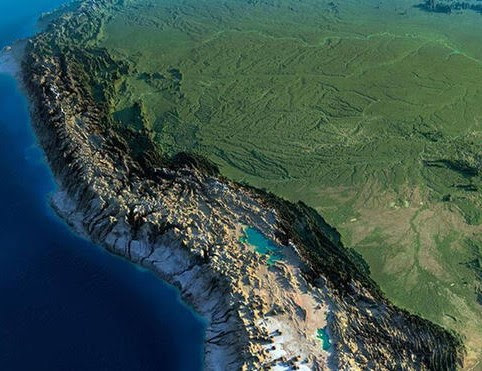Read in Spanish
 |
| Idealized image of the Earth's magnetic field. |
When we study Geophysics, we find several terminologies that we must learn in each area of study, in which it is necessary to know and understand them to understand the situation we are in when we find ourselves working. That is why, in Geophysics we will regularly hear the terminology of the word "field". And is that this term is quite common, so we must realize in what circumstances we are using it. For example, we can hear terms such as Field Geophysics, field work, field of Geophysics, fields of Geophysics, among others. It may be that in these terminologies there are sometimes ambiguities, but if we realize well and delve into what it means, we can understand that they are different terminologies, with different meanings although the way of appreciating them are similar.
We can refer to the word field in the work and practice of Geophysics, when we do it in the field, outside our base station, where we take the various readings with equipment, when working in Electrical, Seismic or Magnetic Prospecting, to name a few examples or when we take gravimetric data. All the data collected with the various geophysical equipment we will do in the field, in the area and / or study area.
When mentioning Field Geophysics, let's try to differentiate the work that is done outside our base station (field work) and when we refer to the study of geophysical fields. When speaking of Field Geophysics we are referring to the study of geophysical fields (whether they be magnetic, gravimetric, electrical, etc.) where we collect the relevant data in the field to work on later in the laboratory.
"... measurements in geophysical studies are done in the field, but unfortunately, many are also in the field. Field theory is fundamental to gravity, magnetic and electromagnetic work, and even particle flows and fronts of Seismic waves can be described in terms of radiation fields. Sometimes ambiguity is not important, and sometimes both meanings are appropriate (and intended), but there are times when clear distinctions need to be made. In particular, the term reading of field is almost always used to identify readings made in the field, that is, not at a base station ... "(1)
When we talk about fields in Geophysics, we also want to refer to the existence of natural fields and artificial fields. This means that the natural fields are going to be those that are naturally generated, such as the gravity field or the magnetic fields. Instead artificial fields are going to be created by us, when we inject alternating currents, for example, to generate electromagnetic fields.
"... Geophysics is the science that studies the Earth from the point of view of physics. Its object of study covers all phenomena related to the structure, physical conditions and evolutionary history of the Earth. Being a mainly experimental discipline , uses for its study physical quantitative methods such as the physics of reflection and refraction of mechanical waves, and a series of methods based on the measurement of gravity, electromagnetic, magnetic or electrical fields and radioactive phenomena. In some cases, these methods take advantage of natural fields or phenomena (gravity, earth magnetism, tides, earthquakes, tsunamis, etc.) and in others they are induced by man (electric fields and seismic phenomena) ... "
BIBLIOGRAPHIC REFERENCE
(1) FIELD GEOPHYSICS.pdf, Pag.16.





























I think this is one of the most significant info for me.
ResponderEliminarGeophysical Equipment For Sale
seismic equipment